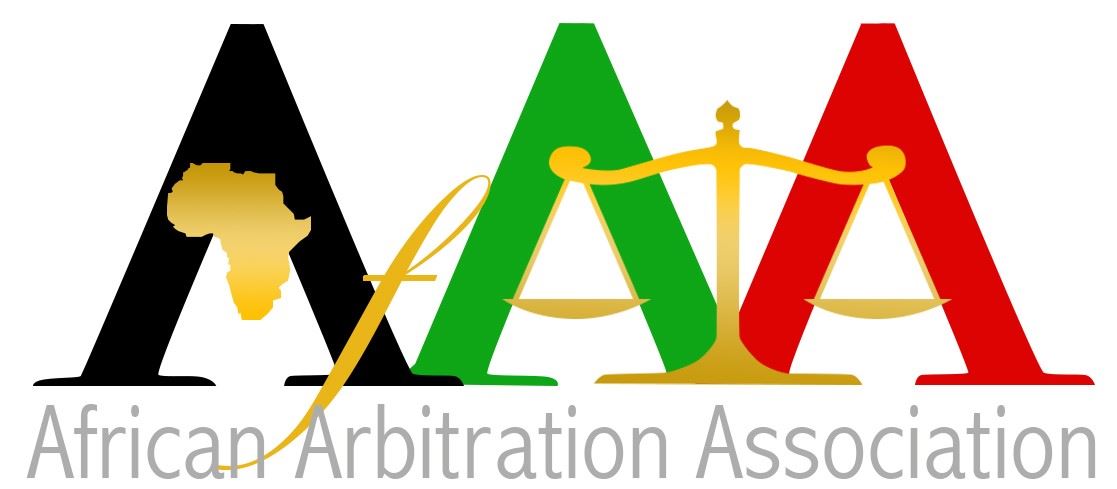Menu
Log in
BLOG |
Blog Moderators |
African Arbitration Association, P.O. Box 695, Nyarutarama, KG 9 Av. No. 66, Kigali, Rwanda Contact us here Privacy Policy | Directory Terms of Use | © 2018 African Arbitration Association DISCLAIMER: No responsibility for loss occasioned to any person acting or refraining from action in reliance on or as a result of the information in or omitted from this website can be or is accepted by the AfAA, its officers, board members, employees or any other persons affiliated with the AfAA. |






















